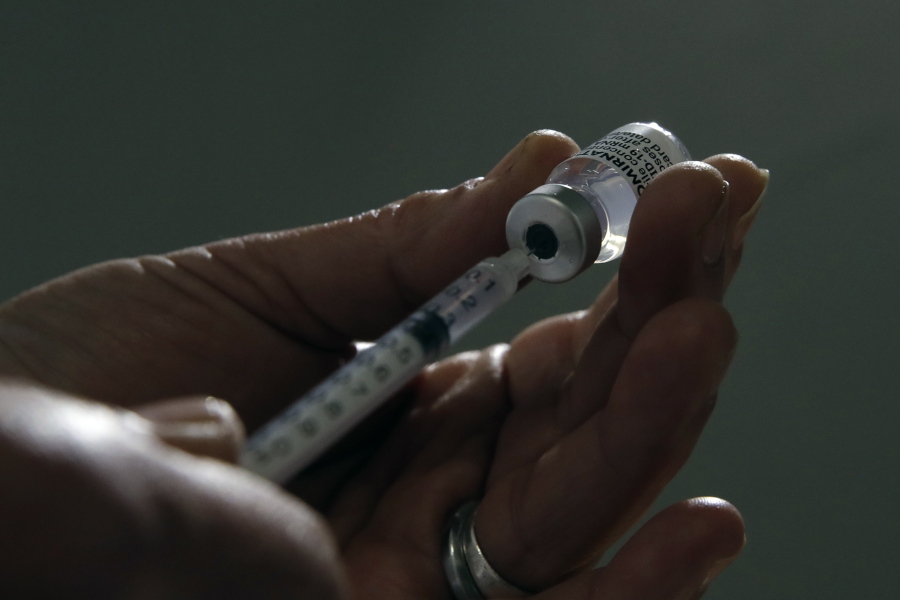For more than a year, people heard about what to do if exposed to or infected with the coronavirus: Test, isolate, hydrate, hope for the best.
But for those who are now fully vaccinated, what are the guidelines after exposure and possible infection?
These so-called breakthrough cases are rare; most infections, hospitalizations and deaths are happening to people who aren’t vaccinated. Of the more than 150 million Americans who are fully vaccinated as of June 21, only 3,907 breakthrough cases have resulted in hospitalizations and 750 people have died, according to the Centers for Disease Control and Prevention.
As good as the COVID-19 vaccines work, they don’t provide 100% efficacy and a tiny proportion of people could get an infection, said Dr. Paul Thottingal, chief of infectious diseases and the COVID-19 division director for Kaiser Permanente Washington.
“The vast majority of people are protected quite well by these vaccines, both from infection and from the key indicators … to prevent moderate to severe illness or hospitalization,” he said.
People can also be infected just before or just after being vaccinated and the vaccine hasn’t had time to mount a defense.
In King County, it is becoming more difficult for the virus to take hold again because most people have had at least a COVID-19 vaccine shot. Nearly 79.3% of people eligible, those 12 and older, have had at least one shot in King County and 73.2% are fully vaccinated. Statewide 64.6% of those 12 and older have had a shot and 58.5% are fully vaccinated.
A person is considered fully vaccinated when they are two weeks removed from either the one-shot Johnson & Johnson vaccine or the second of the two-dose Moderna and Pfizer vaccines.
As the state reopens this week, FAQ Friday addresses questions about what the vaccinated should do if exposed to someone coronavirus-positive and what they should do if they are a breakthrough case.
What should a vaccinated person do if exposed to someone with COVID-19?
A fully vaccinated person doesn’t need to quarantine if exposed to a person with COVID-19 but they do need to watch for symptoms and get tested if they feel sick, according to Public Health — Seattle & King County.
The CDC suggests a fully vaccinated person experiencing symptoms isolate themselves from others.
What if a vaccinated person tests positive for the virus?
A vaccinated person who tests positive and has no symptoms needs to isolate themselves for 10 days from the date of their positive test and keep at least 6 feet distance from others.
If a vaccinated person does show symptoms they need to isolate for at least 10 days from when symptoms first appeared and must be fever-free for at least 24 hours without using fever-reducing medication.
The CDC suggests the infected person isolate in a “sick room” and use a separate bathroom if possible.
Public Health — Seattle & King County urges those testing positive to notify their close contacts and use the WA Notify app if they have that on their phone.
What else can a coronavirus-positive person do to protect people they live with, especially if those people aren’t vaccinated?
Because some people can’t be vaccinated and children younger than 12 aren’t eligible there is still a need for vaccinated, coronavirus-positive people to take precautions.
The same things public health officials have been urging people to do to stay safe throughout the pandemic — masking, social distancing, hand-washing — are good things to continue doing to keep yourself and others healthy.
Doing these things adds another layer of protection given that vaccinated people who become sick have a hard time passing the disease to others, said Thottingal.
“I still think all of those things, wearing a mask in public, hand-washing, social distancing, particularly if they have somebody at home who’s unvaccinated and high risk, may give them a lot more additional protection,” he said.



